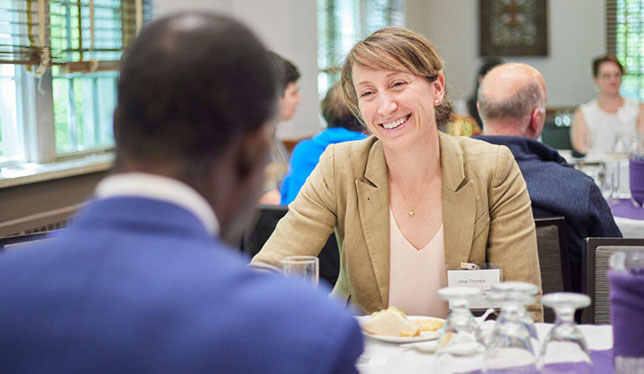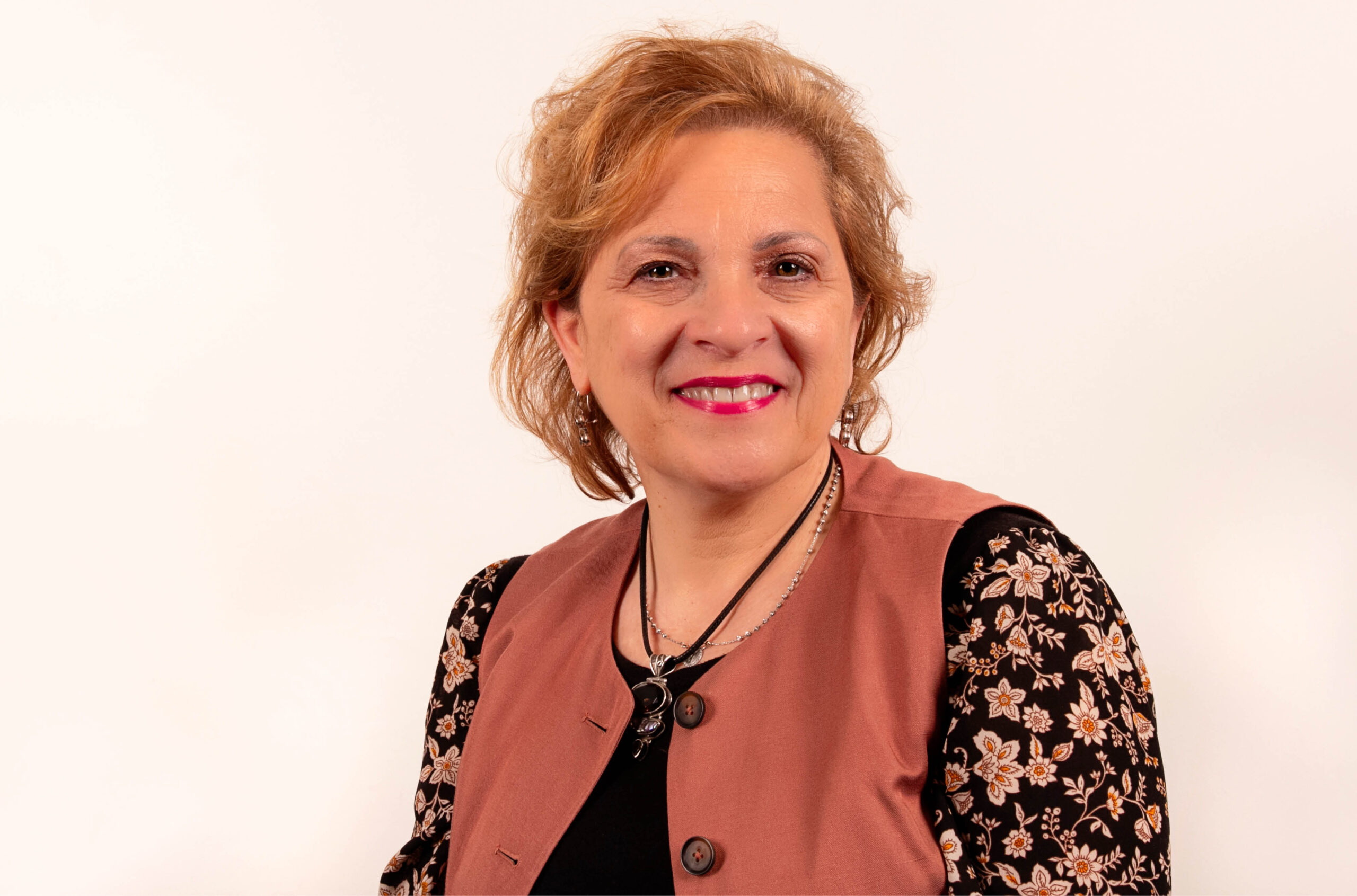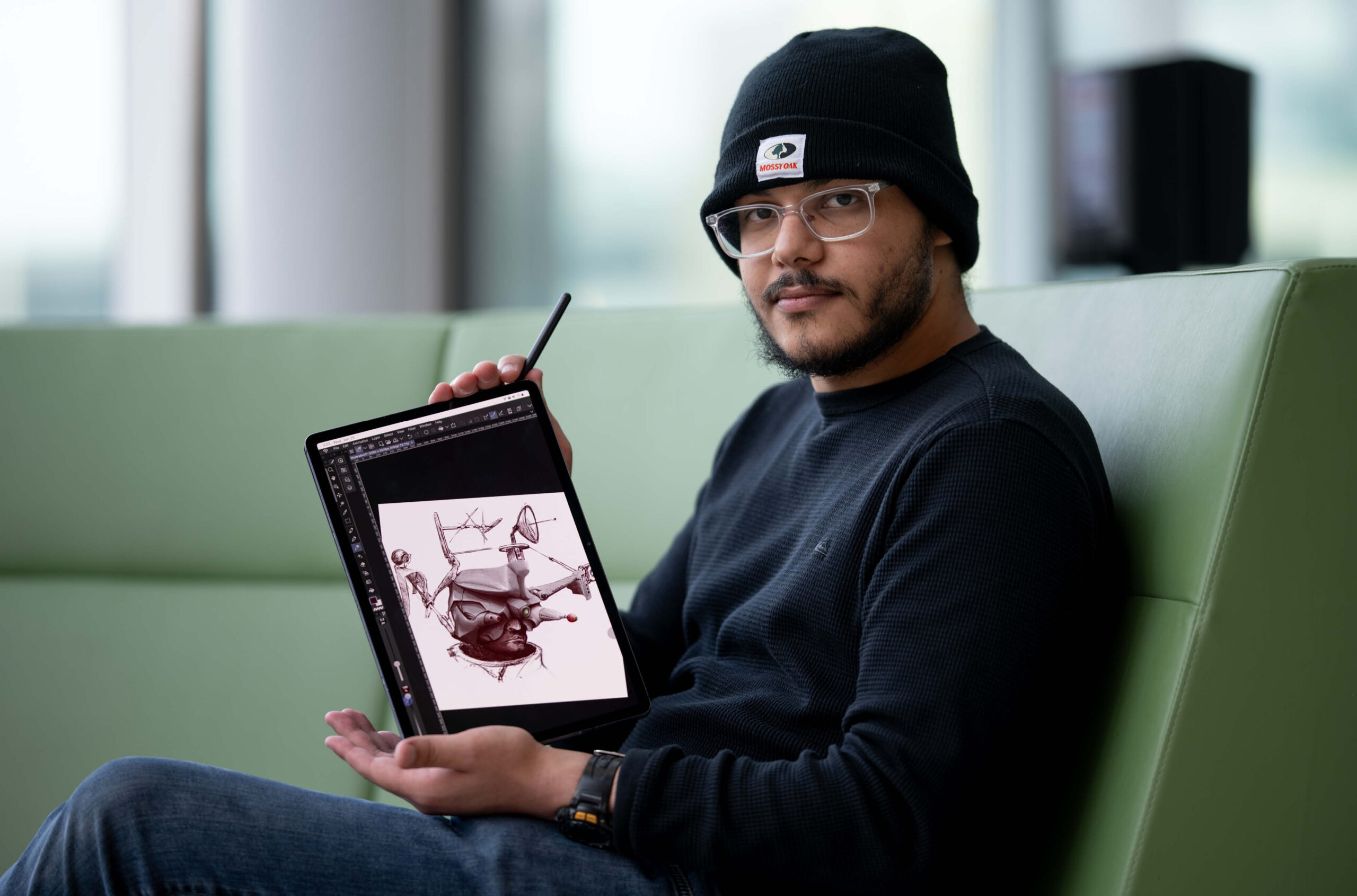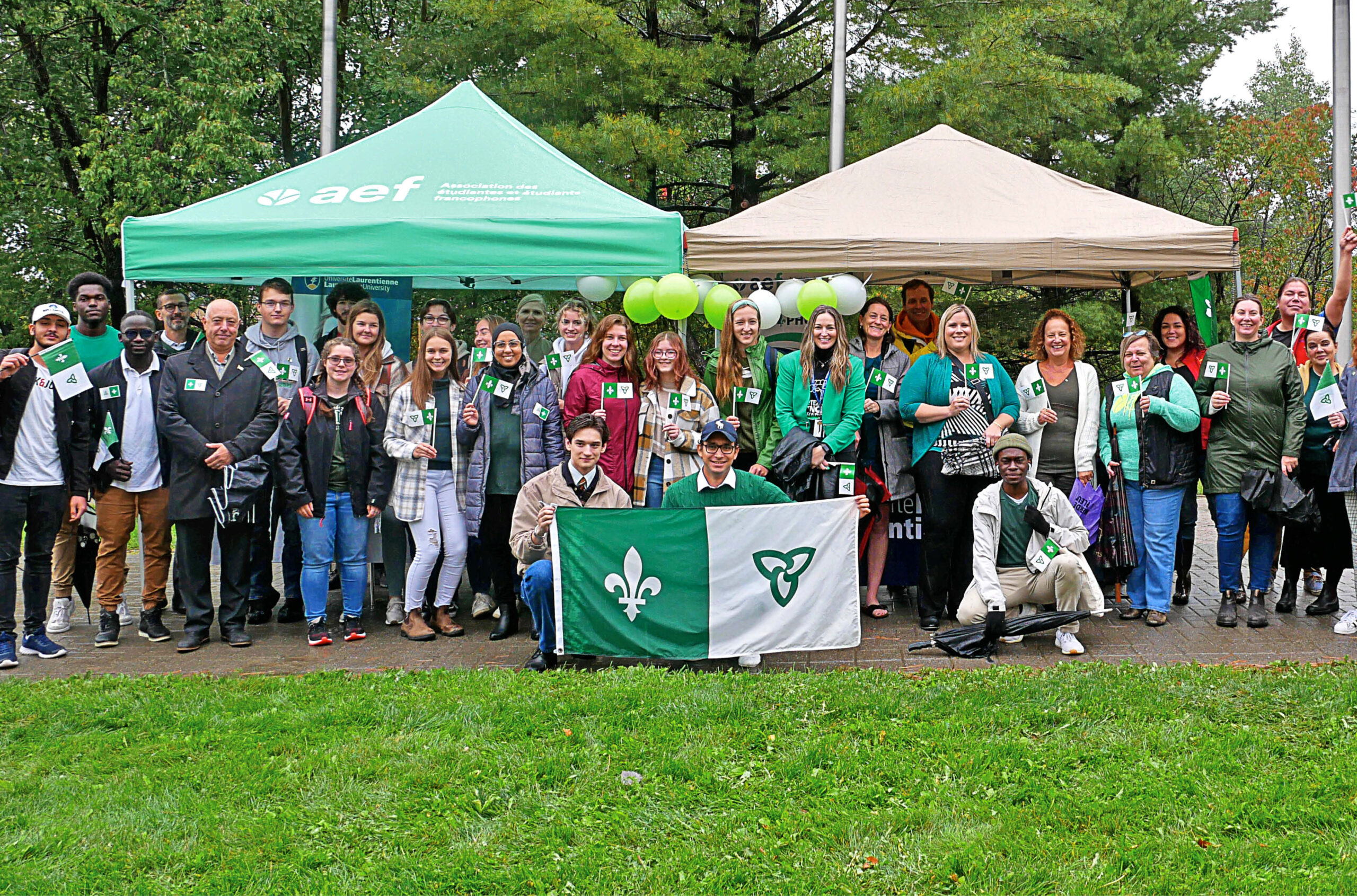Western launches a new mentorship network for Canada Research Chairs from equity-deserving groups
The Western Research Scholars Academy, which pairs CRCs with experienced mentors from across the globe, emphasizes personal connection as a key part of professional development.

A novel mentorship network at Western University is aiming to help early-career researchers from equity-deserving groups build connections with academic leaders. Co-designed with the university’s office of the vice-president, research, and a cohort of 19 Tier 2 Canada Research Chairs, the Western Research Scholars Academy pairs emerging CRCs from equity-deserving groups with more experienced mentors in their fields from around the world.
The program is grounded in Western’s strategic priorities, which include building international research collaborations and supporting equity, diversity, inclusion and decolonization in research. But it’s also designed to meet a need expressed by faculty members to connect, to build community, and to engage in personal and professional development.
“We understand that when you’re supported as an individual and as a researcher, that leads to research excellence in the long-term, and we want to focus on people as individuals first,” said program coordinator Samantha Albanese.

Running as a pilot project until May 2024, the Western Research Scholars Academy provides bimonthly seminars developed from feedback provided by the Western CRCs that cover topics like how to navigate the research ecosystem as an equity-deserving scholar, and how to develop and lead multi-institutional grants. Each seminar is followed by a networking event for the CRCs to connect with their mentors, other mentees and Western faculty.
Matthew Grol, an assistant professor in the department of physiology and pharmacology at Western’s Schulich School of Medicine, sought out a mentorship opportunity to get first-hand advice from a more senior researcher on how to set up and attract students to a new lab. He was paired with geneticist and computational biologist Ben Voight from the University of Pennsylvania.
“In academia, we do a good job of teaching people how to do research and do good research,” said Dr. Grol, who holds a CRC in musculoskeletal biology and health. “But we spend less time training people how to execute that research and manage a team.”
For his part, Dr. Voight said he received much-needed mentorship as a graduate student, but faced several challenges maneuvering through the difficult process of attaining tenure. Now mid-career, he’s looking to give back to colleagues starting out on that complicated path.
“The academic sciences are a daunting prospect for anybody, and the best thing I can do now is to be available to others who have had similar struggles,” he said.
Dr. Voight said that the Western Research Scholars Academy stood apart from other mentorship programs he’s participated in because it provides space for personal mentorship and professional partnerships, while at the same time supporting diversity in academia.
“It’s not just somebody saying, ‘Do X, Y and Z,’ or being a receptacle for advice – I think there’s a little bit of advocacy involved too,” he said. “It seemed like a unique program.”
“It feels more collegial and we’re not as regimented,” added Dr. Grol. “Having a mentor-mentee relationship that’s more open allows you to address some of the things that you might otherwise internalize.”
Despite a hectic schedule, Dr. Voight said he’s had no issue carving out time to meet with his mentee. “People are always more important than the particulars of science,” he said.
Featured Jobs
- Business – Lecturer or Assistant Professor, 2-year term (Strategic Management) McMaster University
- Education - (2) Assistant or Associate Professors, Teaching Scholars (Educational Leadership)Western University
- Veterinary Medicine - Faculty Position (Large Animal Internal Medicine) University of Saskatchewan
- Canada Excellence Research Chair in Computational Social Science, AI, and Democracy (Associate or Full Professor)McGill University
- Psychology - Assistant Professor (Speech-Language Pathology)University of Victoria
















Post a comment
University Affairs moderates all comments according to the following guidelines. If approved, comments generally appear within one business day. We may republish particularly insightful remarks in our print edition or elsewhere.
1 Comments
Great initiative… Engagement would be fruitful ..